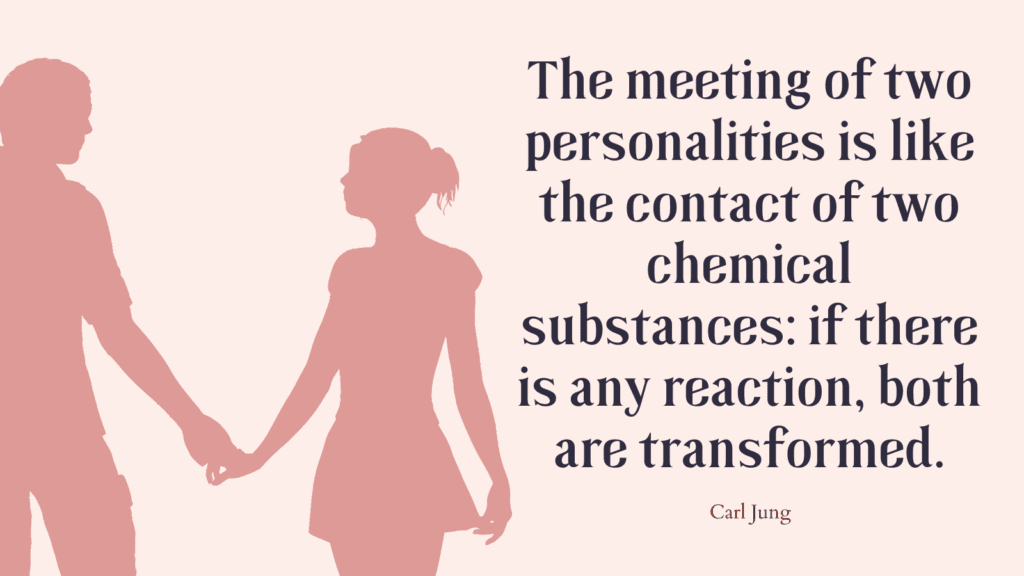Find out confluent love meaning.
What is Confluent Love?
Confluent love is a type of love that states that individuals are now looking to create meaningful relationships that are based on love and respect, rather than commitment.
In his book, “The Transformation of Intimacy: Sexuality, Love and Eroticism in Modern Societies,” the British sociologist Anthony Giddens (1992) argues that confluent love is a “social relation…entered into for its own sake; and which is continued only in so far as it is thought by both parties to deliver enough satisfaction for each individual to stay within it” (Cornville & Rogers, 1998, p. 97).
The relationship is maintained as long as it is beneficial for the individuals. When it’s no longer beneficial then an individual will seek a meaningful alternative.
It is unsurprising to see people breaking up, divorcing, having affairs, and seeking legal separation because of confluent love.
Read: Best 50 Ways To Stay In Love Forever With Your Partner
Healthy Relationship Checklist
Difference between confluent love and romantic love
Unlike romantic love, confluent love has no commitment to enter into marriage or to last until death.
Also, confluent love, unlike romantic love, is not always monogamous.
Confluent love has no religious dimension. It ends when parties involved feel that the relationship is no longer fulfilling.
What Makes a Good Relationship?
A good relationship is based on a number of things:
- mutual respect,
- a relatively equal balance of power,
- sensitivity to each other’s feelings and needs, and
- an appreciation of the things that make each partner special.
FREE Printable Relationship Worksheets (PDF)
How to Save Your Relationship?
Saving a relationship requires effort, communication, and a willingness to make changes. Here are some steps you can take to help mend and strengthen your relationship:
1. Open Communication
Share your feelings openly and honestly with your partner without fear of judgment.
Listen to your partner attentively, showing empathy and understanding their perspective.
2. Identify the Issues
Identify the specific issues causing tension in the relationship.
Focus on discussing problems without assigning blame. Use “I” statements to express how you feel.
3. Rebuild Trust
Follow through on promises and commitments to rebuild trust.
Be open and honest with each other, especially about difficult topics.
4. Spend Quality Time Together
Engage in activities that you both enjoy to strengthen your bond.
Make time for regular date nights to reconnect and enjoy each other’s company.
5. Show Appreciation
Regularly show appreciation for your partner and acknowledge the positive aspects of your relationship.
Perform small acts of kindness to show your love and appreciation.
6. Improve Conflict Resolution Skills
Approach conflicts calmly and avoid raising your voice or becoming defensive.
Work together to find solutions that satisfy both partners.
7. Work on Personal Growth
Reflect on your behavior and identify areas for personal growth.
Develop healthy habits, such as exercise and hobbies, that contribute to your overall well-being.
8. Set Relationship Goals
Discuss and set goals for your relationship to ensure you are both working towards the same future.
Have regular check-ins to discuss progress and make any necessary adjustments.
9. Rekindle Romance
Show physical affection through hugs, kisses, and touch.
Surprise each other with thoughtful gestures or gifts to keep the romance alive.
10. Respect Each Other’s Space
Allow each other personal time and space to pursue individual interests and recharge.
Respect each other’s boundaries and needs.
11. Stay Committed
Commit to working on the relationship and growing together.
Understand that saving a relationship takes time and effort, and be willing to persevere through challenges.
Practical Exercises:
1. Daily Check-Ins: Spend a few minutes each day checking in with each other about your day and feelings.
2. Gratitude Journal: Keep a journal where you both write down things you appreciate about each other and share it weekly.
3. Conflict Resolution Time: Set aside specific times to discuss conflicts calmly and constructively.
4. Date Jar: Create a jar filled with date ideas and take turns picking one to do together regularly.

References
- Transformation of intimacy and its impact in developing countries – PMC (nih.gov)
- The Changing Landscape of Love and Marriage – PMC (nih.gov)
- confluent love: a conversation (uow.edu.au)
- Anthony Giddens – Wikipedia



